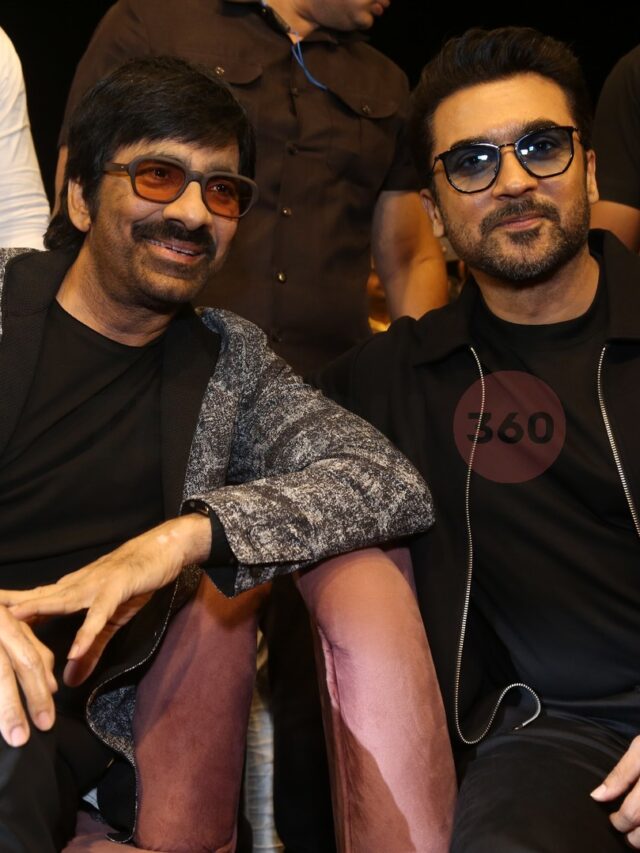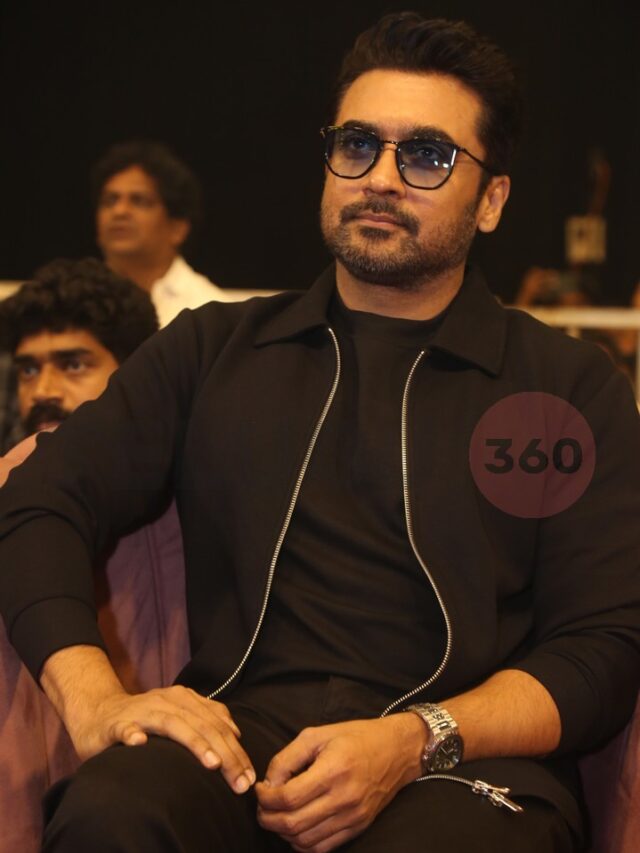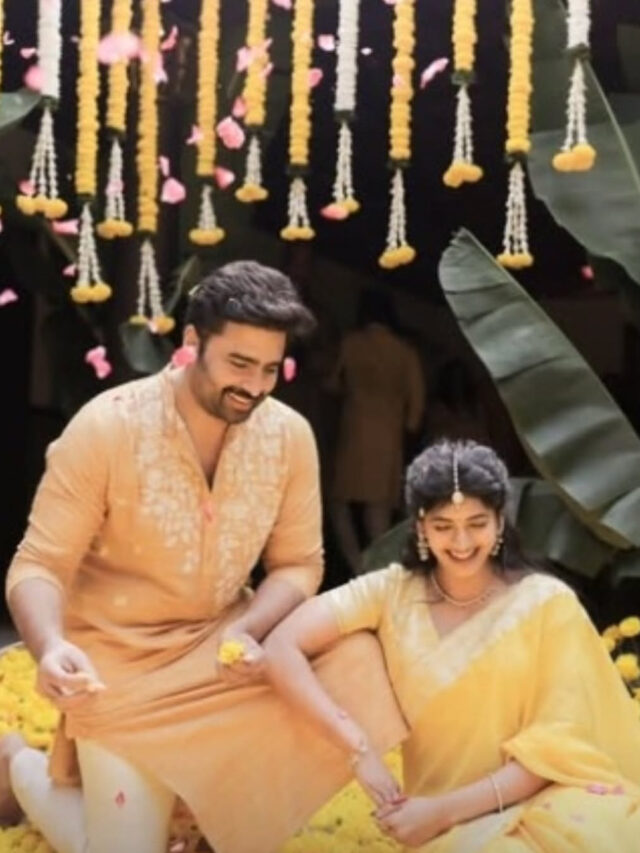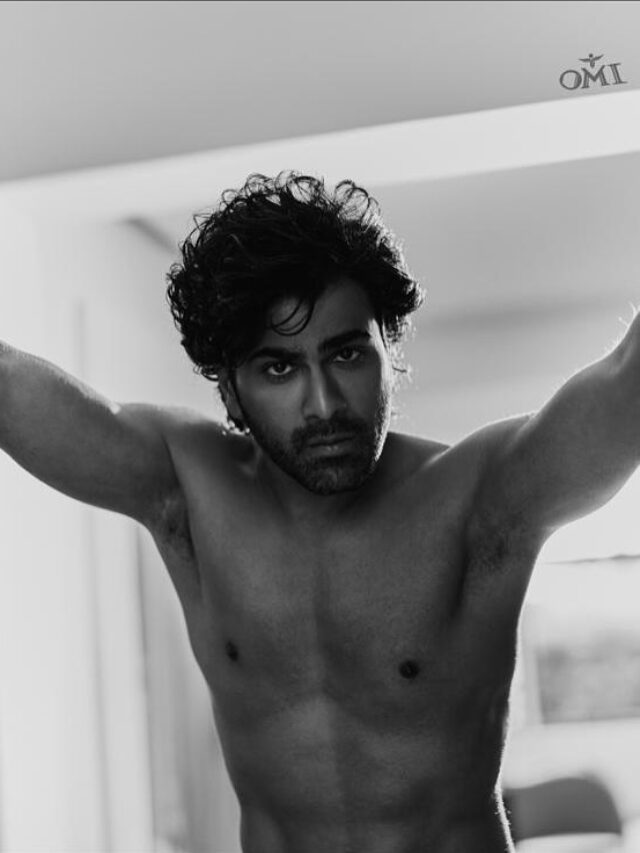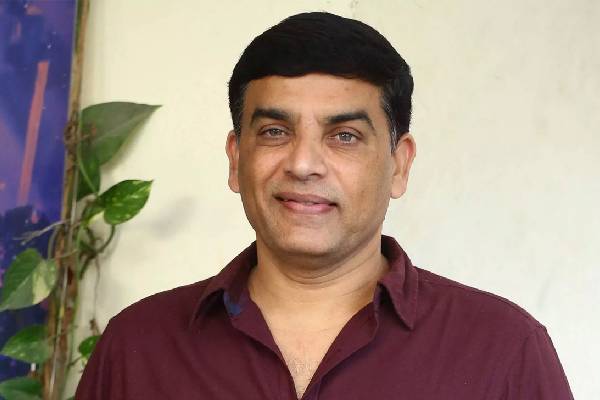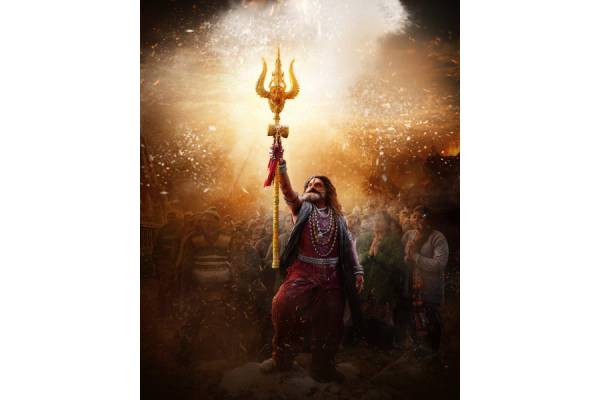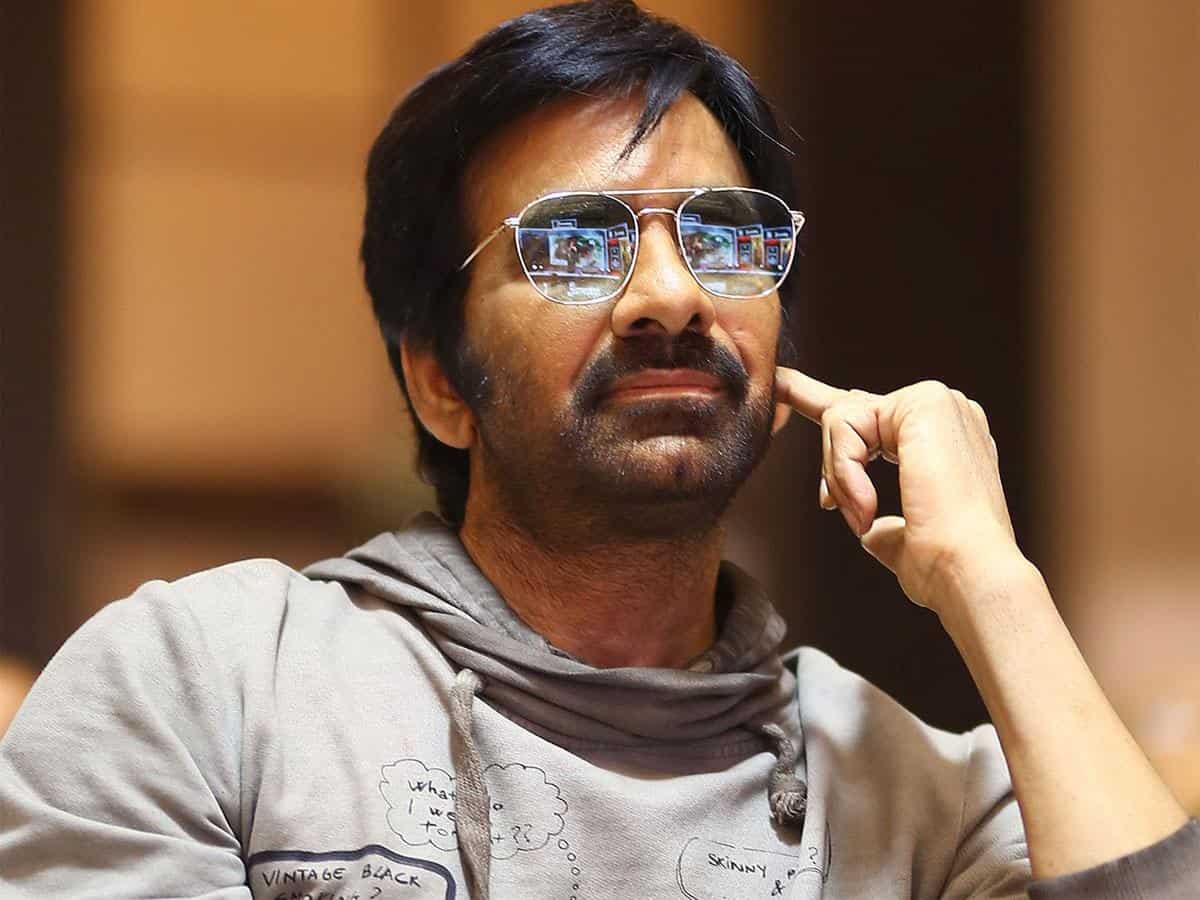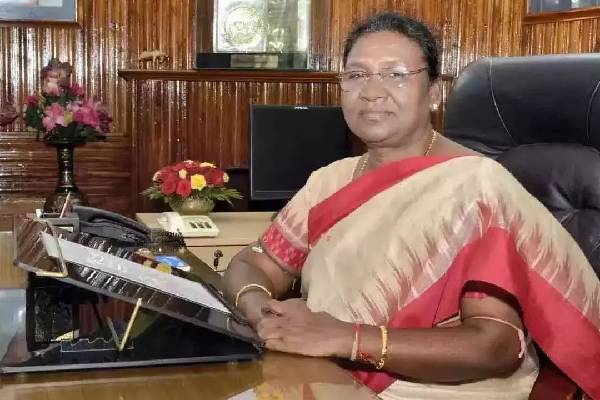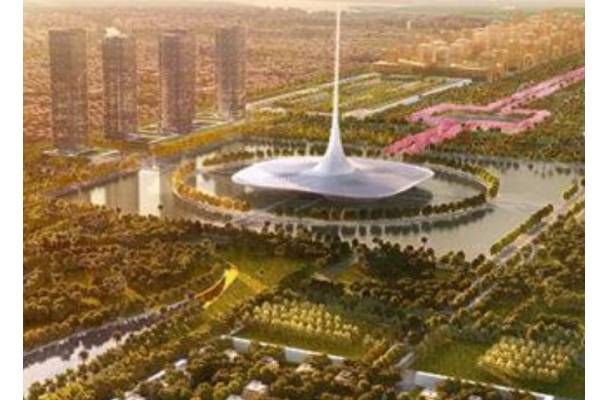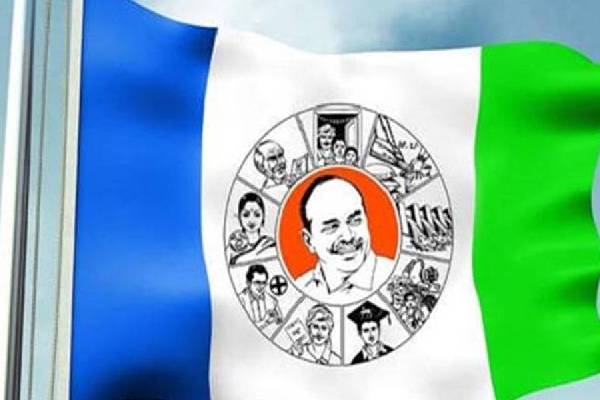President Draupadi Murmu has responded to the Supreme Court’s recent landmark ruling on bill approvals by raising 14 constitutional questions. The President has questioned how courts can impose deadlines on Constitutional authorities like the President and Governors when no such provision exists in the Constitution.
President Murmu has invoked her special powers under Article 143 to seek the Supreme Court’s opinion on critical constitutional matters. Her questions challenge the court’s authority to substitute presidential powers with its own judicial powers under Article 142.
She questioned whether governors can use their constitutional discretion under Article 200 and whether courts can establish procedural requirements for the President’s decision-making on bills reserved by governors.
Among her key concerns is whether a state law can come into effect without governor’s approval under Article 200, and whether the judiciary can modify or override constitutional powers exercised by the President or Governor through Article 142.
The President also asked if the complete prohibition under Article 361 prevents judicial review of governors’ actions under Article 200.
The Supreme Court recently ruled against Tamil Nadu Governor R.N. Ravi for holding 10 bills passed by the state assembly without approval. The 415-page judgment stated that the President/Governor must either approve or return bills within three months, providing reasons if returned.
The court clarified that states can approach the Supreme Court if governors delay bills, noting that governors’ inaction falls within judicial review scope. Chief Justice B.R. Gavai is expected to form a constitutional bench soon to address the President’s questions.















